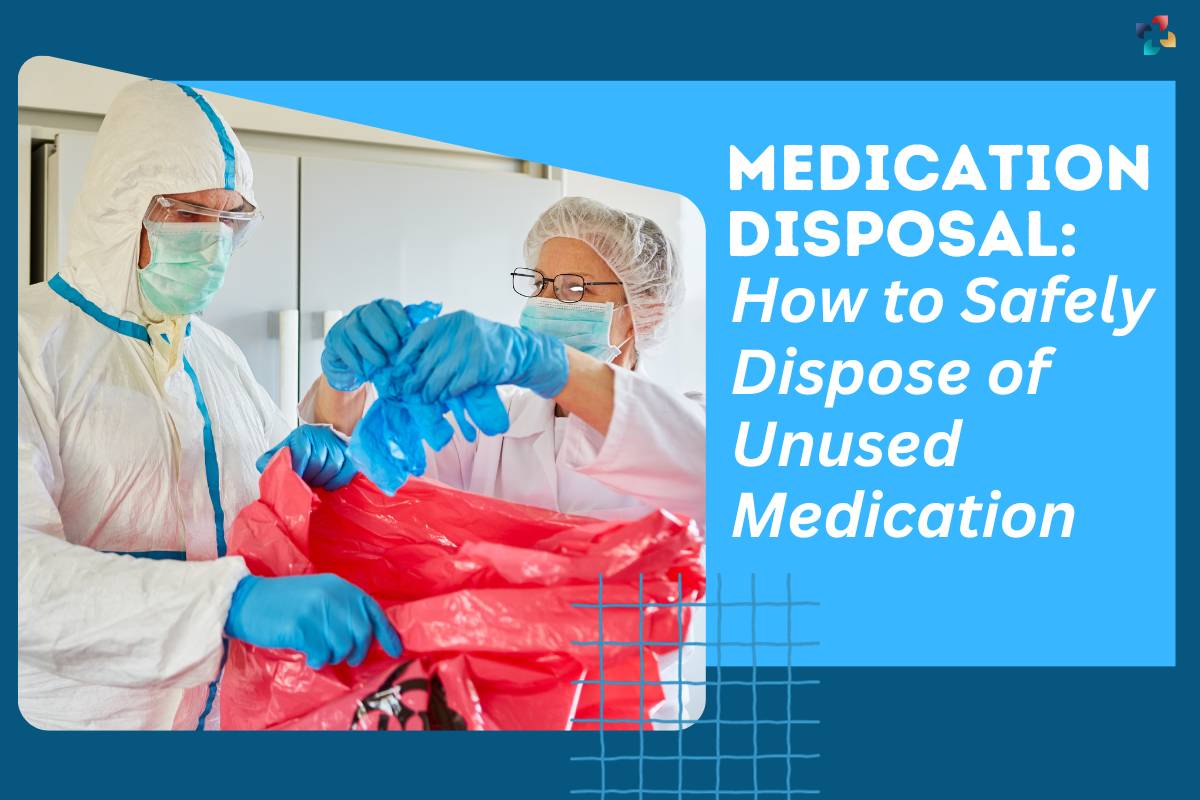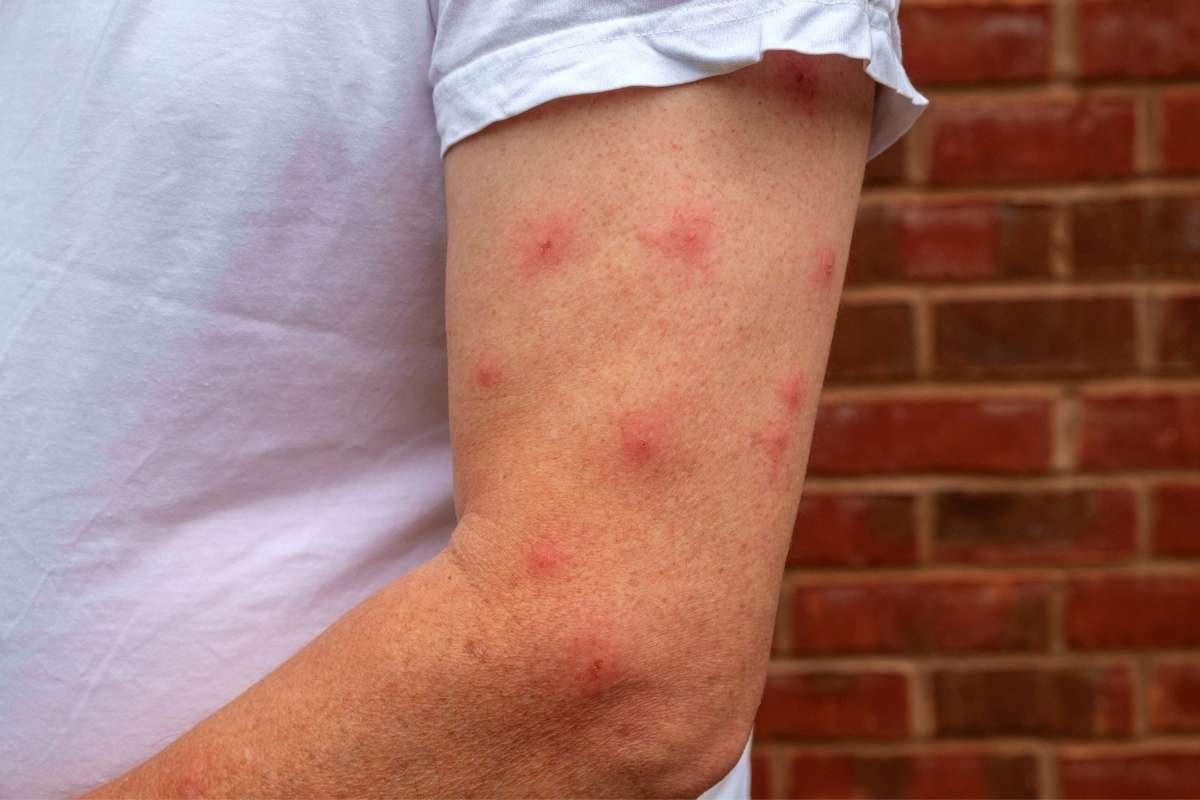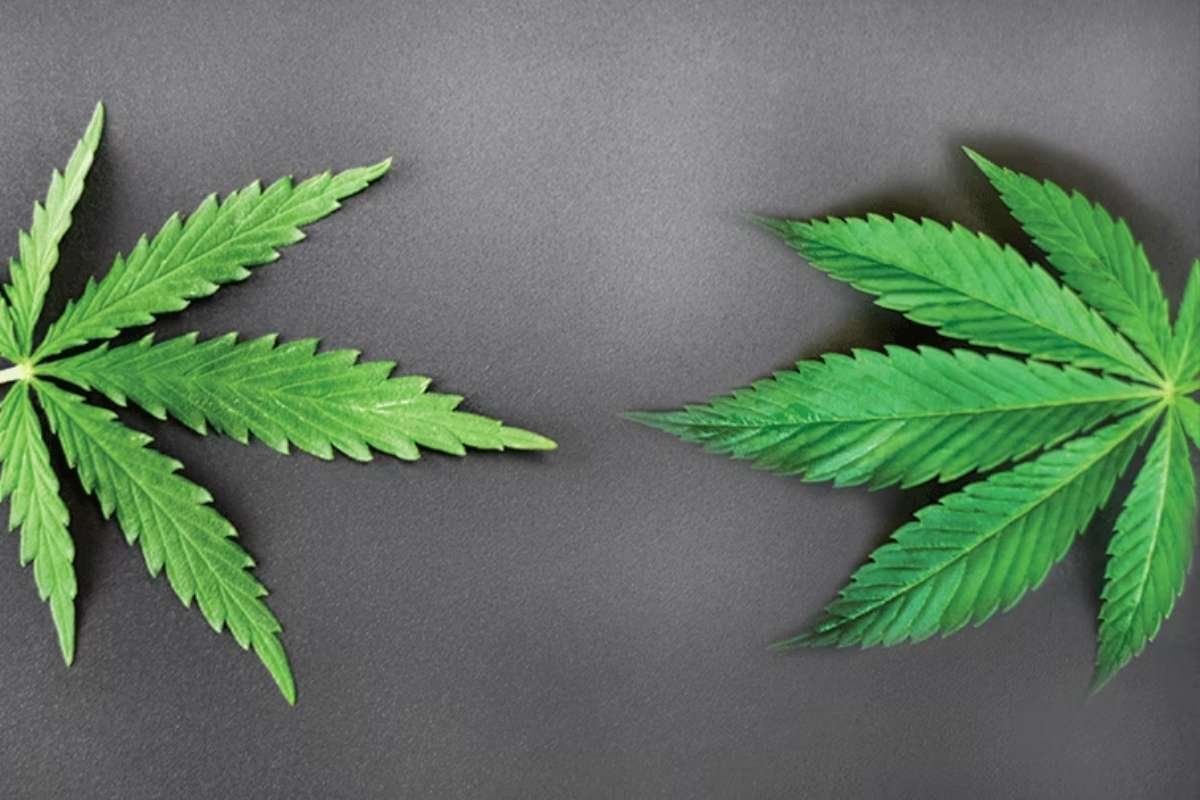Pharmaceuticals are essential for preserving and enhancing our health, but what happens to unused or expired medications when you’re done with them? The proper disposal of medications is an important but sometimes disregarded problem. Not only is proper disposal crucial for the environment, but it also protects public safety. This post will discuss the significance of properly disposing of medications, the reasons you should never flush or throw away unwanted medications, and safe disposal techniques.
The Importance of Medication Disposal
Environmental Impact: Improper disposal of medications can have severe environmental consequences. When medications are flushed down the toilet or thrown in the trash, they can contaminate water sources and harm aquatic life. This contamination poses a serious threat to ecosystems and can even impact human health through the food chain.
1. Drug Abuse Prevention
Storing unused medications at home can potentially lead to drug abuse, especially in households with teenagers or individuals with addiction issues. Proper medication disposal helps reduce the risk of these drugs falling into the wrong hands.
2. Medication Effectiveness
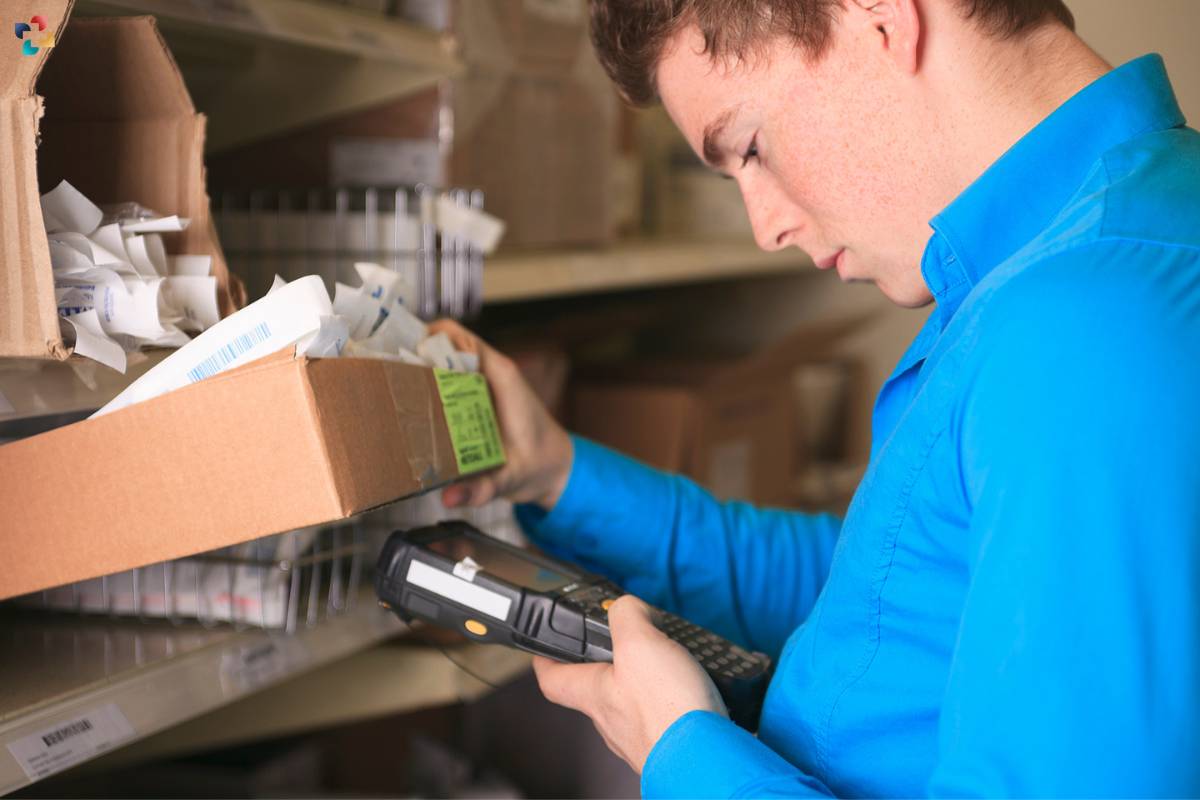
Storing unused medications beyond their expiration dates can reduce their effectiveness. Proper disposal ensures that you are not inadvertently using medications that may no longer provide the desired benefits.
3. Public Safety
Incorrect medication disposal can lead to accidental poisonings. Children or pets may ingest medications if they are not securely stored or are improperly disposed of. Safely disposing of medications helps protect the well-being of your loved ones and pets.
Why You Should Never Flush Medications
Flushing medications down the toilet is a common but harmful practice. It’s essential to understand why you should avoid this disposal method:
1. Water Contamination
Flushing medications introduces them into the water supply, leading to contamination of rivers, lakes, and groundwater. This contamination can be challenging to remove, and it can impact both aquatic life and drinking water quality.
2. Environmental Damage
The chemicals in medications can harm aquatic ecosystems, disrupting the balance of natural habitats. Fish and other aquatic species may ingest these substances, leading to bioaccumulation and potential harm to humans who consume contaminated fish.
3. Wastewater Treatment
Wastewater treatment facilities are not designed to remove pharmaceutical compounds from water effectively. As a result, many drugs pass through the treatment process and enter the environment.
Safe Medication Disposal Methods

Now that we understand the significance of proper medication disposal and the reasons for avoiding flushing, let’s explore safe methods for disposing of unused medications:
1. Take-Back Programs
One of the safest and most convenient methods for disposing of unused medications is through local take-back programs. These programs are often organized by pharmacies, hospitals, or law enforcement agencies. They provide designated collection sites where you can drop off your medications for safe disposal. These collection sites ensure that the medications are incinerated or disposed of in an environmentally friendly manner.
2. Pharmacies
Many pharmacies now offer drug disposal services. Check with your local pharmacy to see if they have a drug take-back program or if they can direct you to a nearby location that does.
3. Mail-Back Programs
Some organizations offer mail-back programs, where they send you a secure envelope or container for mailing your unused medications to a disposal facility. While this method is convenient, it may come with a small fee.
4. National Prescription Drug Take-Back Day
The Drug Enforcement Administration (DEA) hosts National Prescription Drug Take-Back Days in the United States. During these events, you can drop off your medications at designated locations. It’s a great opportunity to safely dispose of old or unused drugs.
5. Disposing of Opioids
Opioid medications, in particular, should be disposed of carefully due to their high potential for misuse and addiction. Some pharmacies have specific disposal kiosks for opioids, allowing you to safely discard them.
6. Secure Deactivation Systems
Some products on the market, such as medication deactivation pouches or systems, can render medications inactive. These systems are an effective way to dispose of drugs at home, particularly if you cannot access a take-back program.
7. Mix with Unappealing Substance
For some medications, you can mix them with an unappealing substance like coffee grounds or kitty litter, seal them in a container, and dispose of them in the trash. This method is suitable for solid medications and can make them less attractive to potential abusers.
Additional Medication Disposal Tips
In addition to using the methods mentioned above, consider the following tips for safe medication disposal:
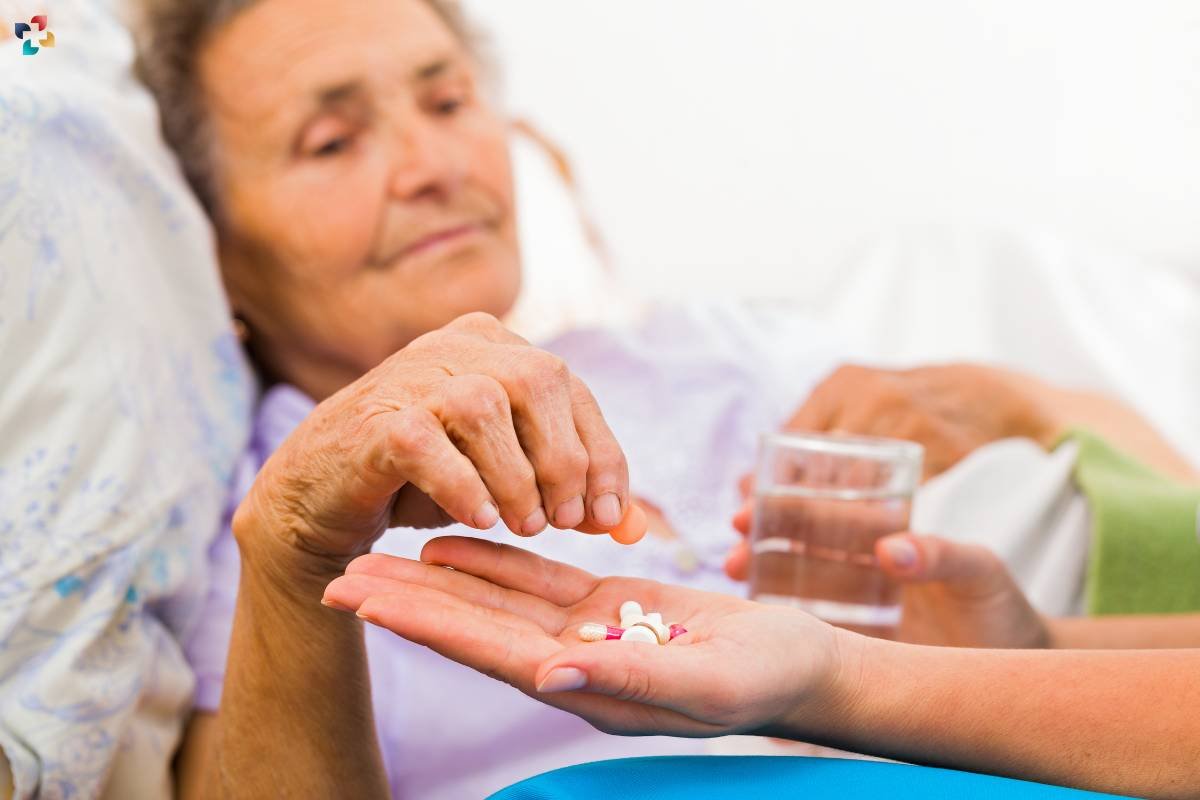
- Remove Personal Information: Before disposing of medication containers, remove any personal information from the labels to protect your privacy.
- Keep Medications in Their Original Containers: When storing unused medications, keep them in their original containers to prevent confusion and ensure proper identification.
- Follow Specific Instructions: Some medications come with specific disposal instructions on their labels or package inserts. Always follow these guidelines if provided.
- Don’t Share Medications: Avoid sharing medications with others, even if you believe it could help them. Medications are prescribed based on individual needs and medical conditions, and sharing them can be dangerous.
- Regularly Review and Dispose: Periodically review your medication cabinet and dispose of any expired or unused medications. It’s a good practice to keep only the medications you currently need.
- Educate Your Family: Ensure that your family members are aware of the importance of proper medication disposal and the potential risks of keeping unused drugs at home.
Conclusion
One essential component of using medications responsibly is disposing of them. In addition to preserving the environment, it also defends against drug misuse and protects public health. Medication flushing is a bad habit that needs to be avoided at all costs. Alternatively, you can properly dispose of your unused drugs by using mail-back programs, pharmacies, and local take-back programs.
Keep in mind that different locations require different disposal techniques, so consult your local resources to see which option is best for you. You may help create a safer and healthier community by taking the initiative to properly dispose of your unneeded prescriptions, as well as prevent needless pollution of our environment. Responsibly disposing of drugs is a minor action that can yield substantial benefits.
Also Read: Diabetes Management: Medication Safety Tips for Older Adults with Diabetes

